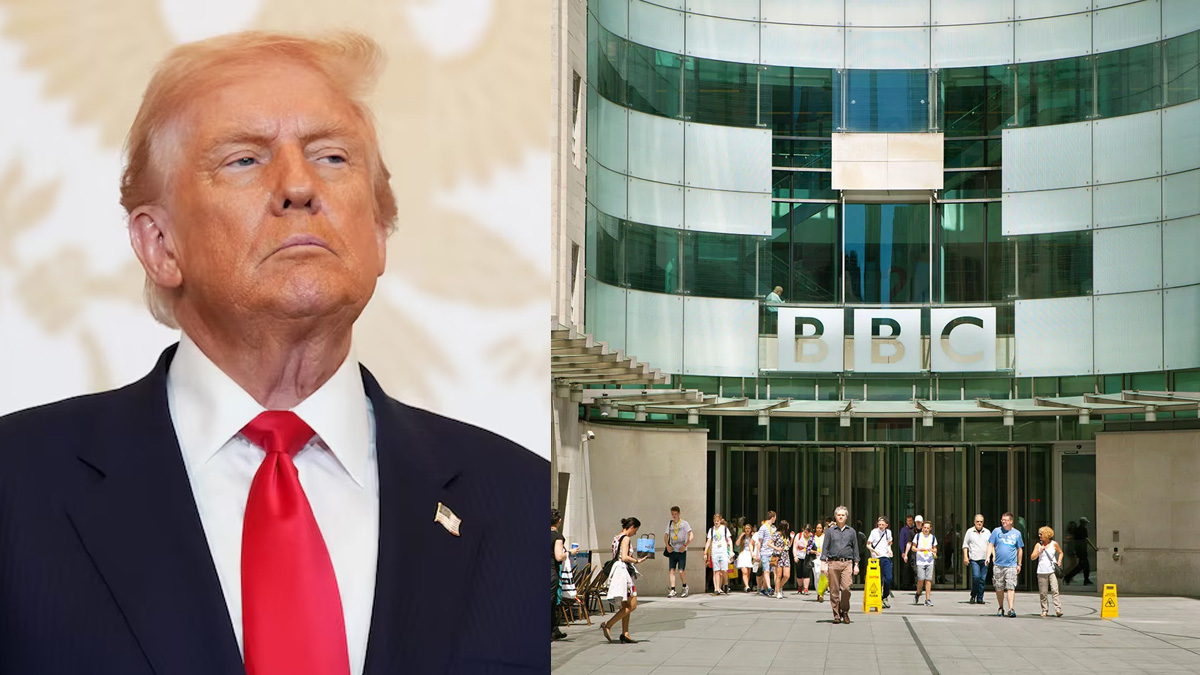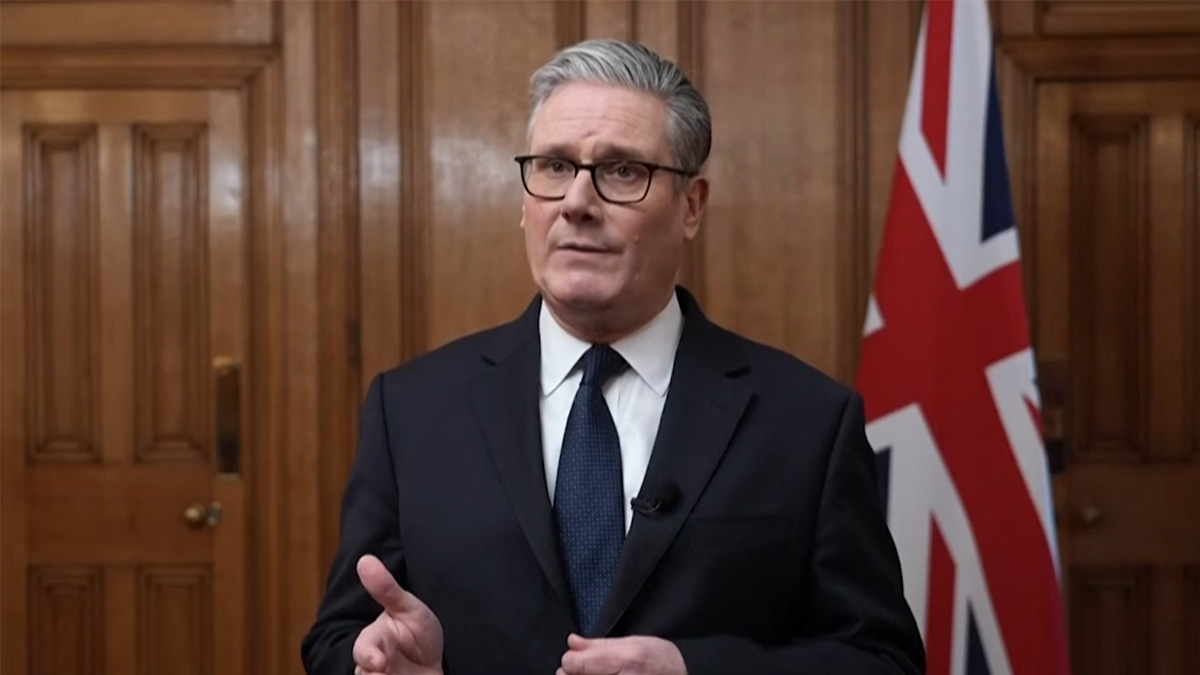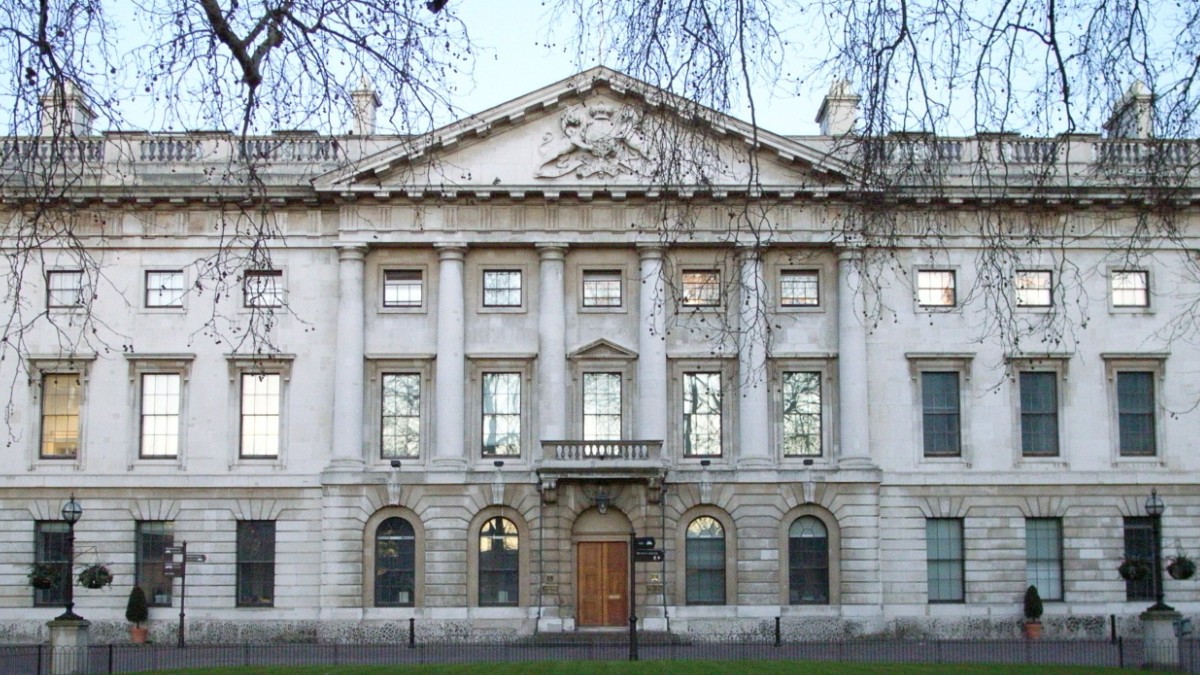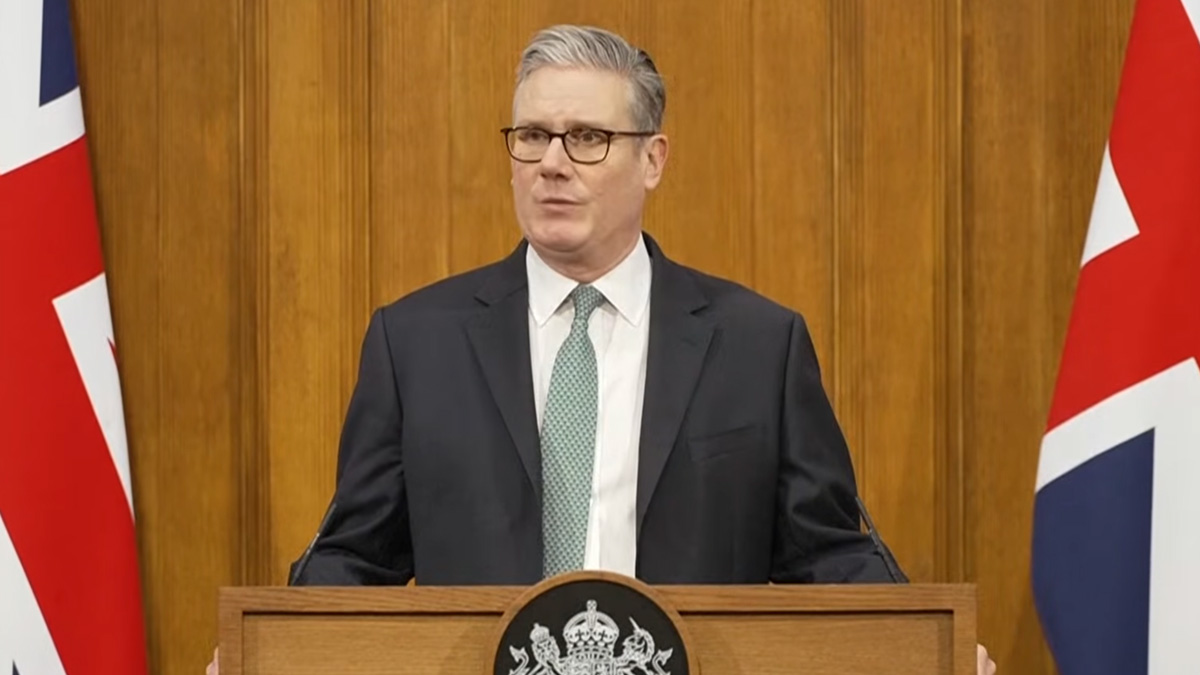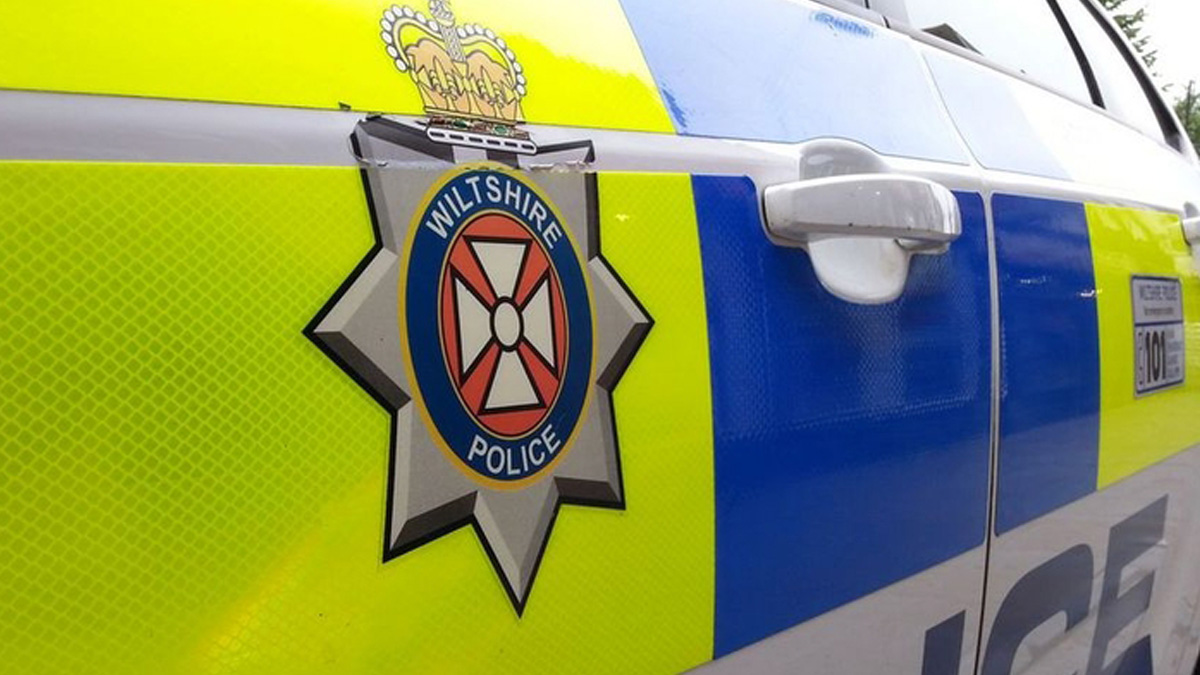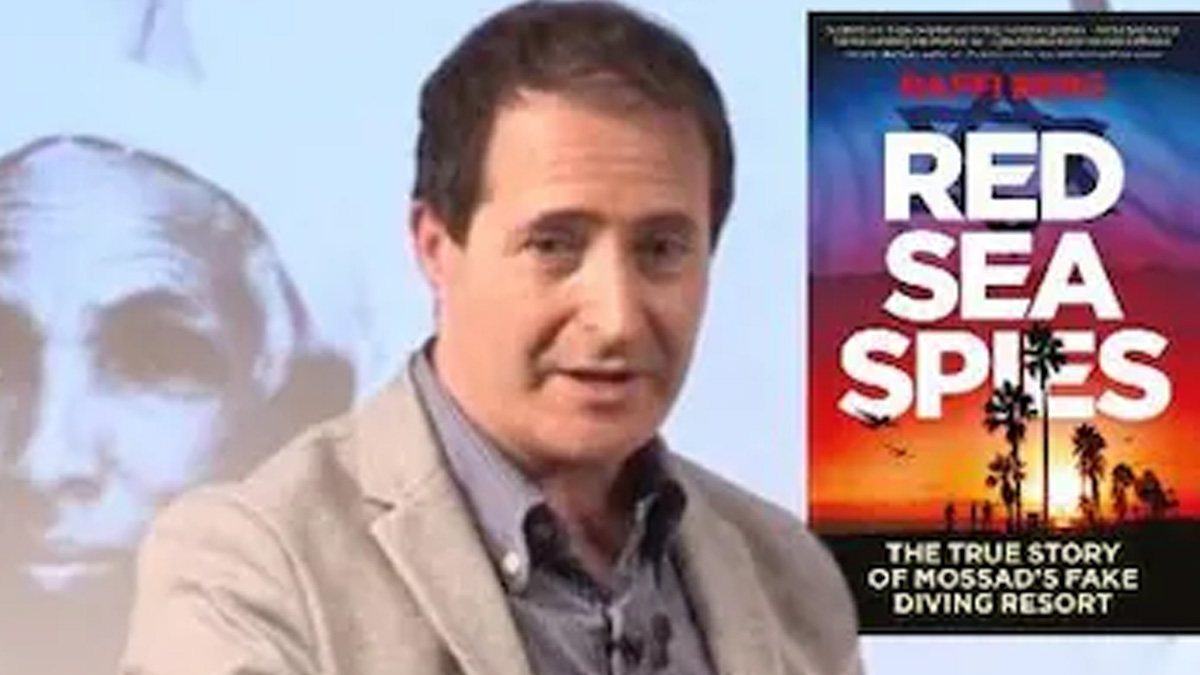BBC chief Tim Davie and head of news Deborah Turness resign over Trump documentary edit
BBC Director General Tim Davie and Head of News Deborah Turness have resigned following revelations that a Panorama documentary misleadingly edited a 2021 speech by Donald Trump. The controversy adds to a series of crises at the BBC involving accusations of bias and editorial failings.
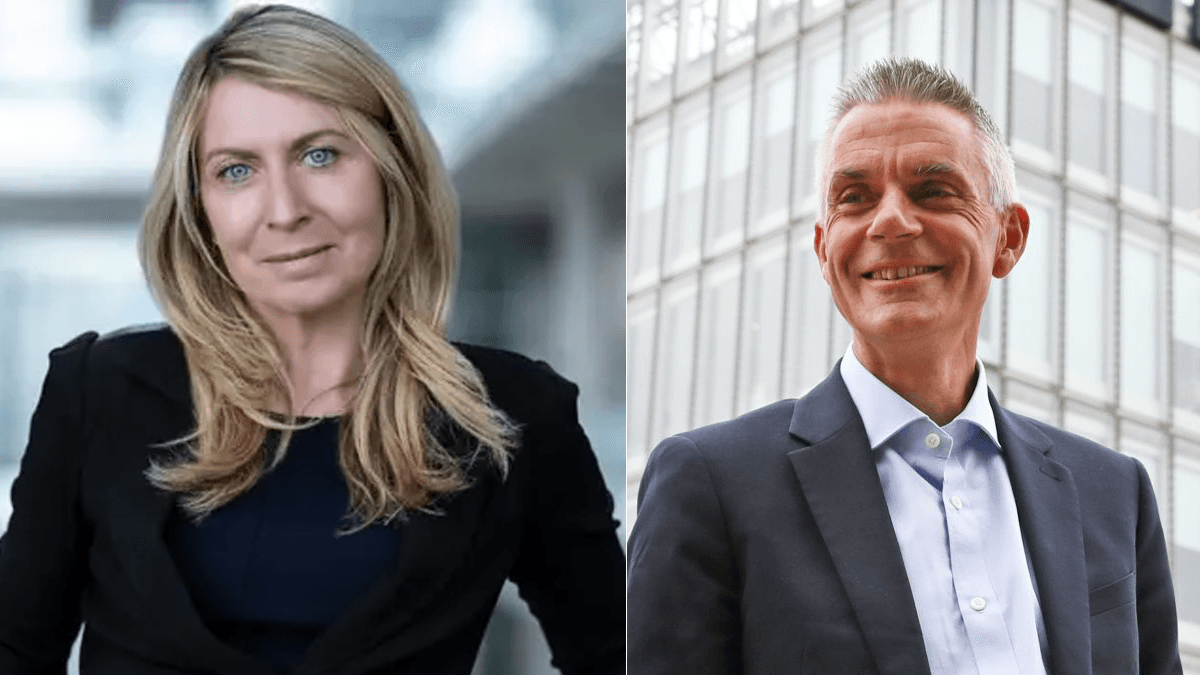
- BBC Director General Tim Davie and Head of News Deborah Turness resigned after Panorama edited Trump’s 6 January speech misleadingly.
- The Telegraph exposed the edit via a leaked internal memo, sparking backlash from UK and US political figures.
- The resignations follow broader criticism of BBC editorial standards, bias allegations, and management decisions.
In an unprecedented development, both the Director General of the BBC, Tim Davie, and the Head of BBC News, Deborah Turness, resigned on 10 November 2025 following mounting criticism over an edited documentary segment that misrepresented a speech made by US President Donald Trump.
The controversy centres on a Panorama episode aired ahead of the 2024 US election, which appeared to show Trump inciting the Capitol Hill riot on 6 January 2021. According to a leaked internal BBC memo published by The Telegraph, the programme spliced together two distant sections of Trump's speech, giving the impression he was encouraging violence.
The edited version aired by Panorama showed Trump saying: “We’re going to walk down to the Capitol... and I’ll be there with you. And we fight. We fight like hell.” In reality, the segments were separated by over 50 minutes in the original speech. Omitted from the edit was Trump’s call for peaceful demonstration: “We’re going to cheer on our brave senators and congressmen and women.”
Davie, who led the BBC for five years, announced his resignation in a statement released on Sunday evening. “While not being the only reason, the current debate around BBC News has understandably contributed to my decision,” he said. “As Director General, I have to take ultimate responsibility.”
Turness, who had served as CEO of News and Current Affairs since 2022, said the situation had “reached a stage where it is causing damage to the BBC”. Acknowledging editorial failings, she added: “The buck stops with me.” However, she rejected claims of institutional bias, stating: “While mistakes have been made... recent allegations that BBC News is institutionally biased are wrong.”
The leaked memo by Michael Prescott, a former adviser to the BBC’s editorial standards committee, not only criticised the Panorama edit but also alleged broader systemic issues, including bias in BBC Arabic’s reporting of the Israel-Gaza conflict and coverage of transgender topics.
The fallout extended across the political spectrum. President Trump described the BBC as “100% fake news” and welcomed the resignations, stating they came after the corporation was “caught doctoring” his speech. He accused the BBC of attempting to manipulate electoral narratives, calling it “a terrible thing for democracy”.
In the UK, Culture Secretary Lisa Nandy acknowledged the resignations and thanked Davie for his service during “a period of significant change”. She underscored the BBC’s role in upholding democratic values, saying the upcoming Royal Charter review must be a catalyst for necessary reforms.
BBC Chairman Samir Shah, who is expected to appear before a parliamentary committee on Monday, described the resignations as “a sad day for the BBC”. He expressed continued support for Davie and acknowledged the pressure that had led to his decision.
Shah is anticipated to apologise for the editorial decisions made during the Panorama broadcast. The BBC Board, responsible for appointing a new Director General, will now begin the search for a successor who must address both internal cultural issues and external political scrutiny.
Conservative leader Kemi Badenoch welcomed the resignations but warned that “a catalogue of serious failures... cannot be swept away with two resignations.” She suggested the BBC must prove impartiality if it wishes to retain its licence fee model.
Liberal Democrat leader Sir Ed Davey said this must be “an opportunity for the BBC to turn a new leaf”, while Reform UK’s Nigel Farage called for “wholesale change” and said this was “the BBC’s last chance” to regain public trust.
Further editorial lapses have compounded criticism of the broadcaster. On Thursday, the BBC upheld 20 impartiality complaints involving journalist Martine Croxall’s on-air language. It also faced backlash for airing a Glastonbury set in which a punk act chanted “death to the IDF”, violating harm and offence guidelines.
Davie, a BBC veteran of 20 years and former CEO of BBC Studios, will stay on during an “orderly transition” period. He said the timing of his departure was intended to allow his successor to shape the upcoming Royal Charter, due before the current one expires in 2027.
Turness, previously an executive at ITN and NBC News International, leaves amid wider scrutiny of BBC News management and editorial controls. Her departure coincides with rising calls to separate the corporate and editorial leadership within the BBC, a suggestion made by former BBC News chief Roger Mosey.
Mosey criticised the Panorama edit as “not defensible” and warned that the current crisis reflects a need for the BBC to reform how it handles controversial and politically sensitive topics.
The BBC has faced previous leadership resignations, such as that of George Entwistle in 2012. However, the simultaneous exit of its top two editorial figures marks a historic moment for the institution, one that will have lasting implications for its reputation, governance, and future structure.


